Some foods that might seem harmless—or even healthy—in your senior years can actually contribute to chronic illnesses, weight gain, and other health challenges. By avoiding certain items, seniors can feel more energetic and manage existing health conditions better, so these are the top foods you’ll want to avoid adding to your grocery list for better health.
Processed Meats
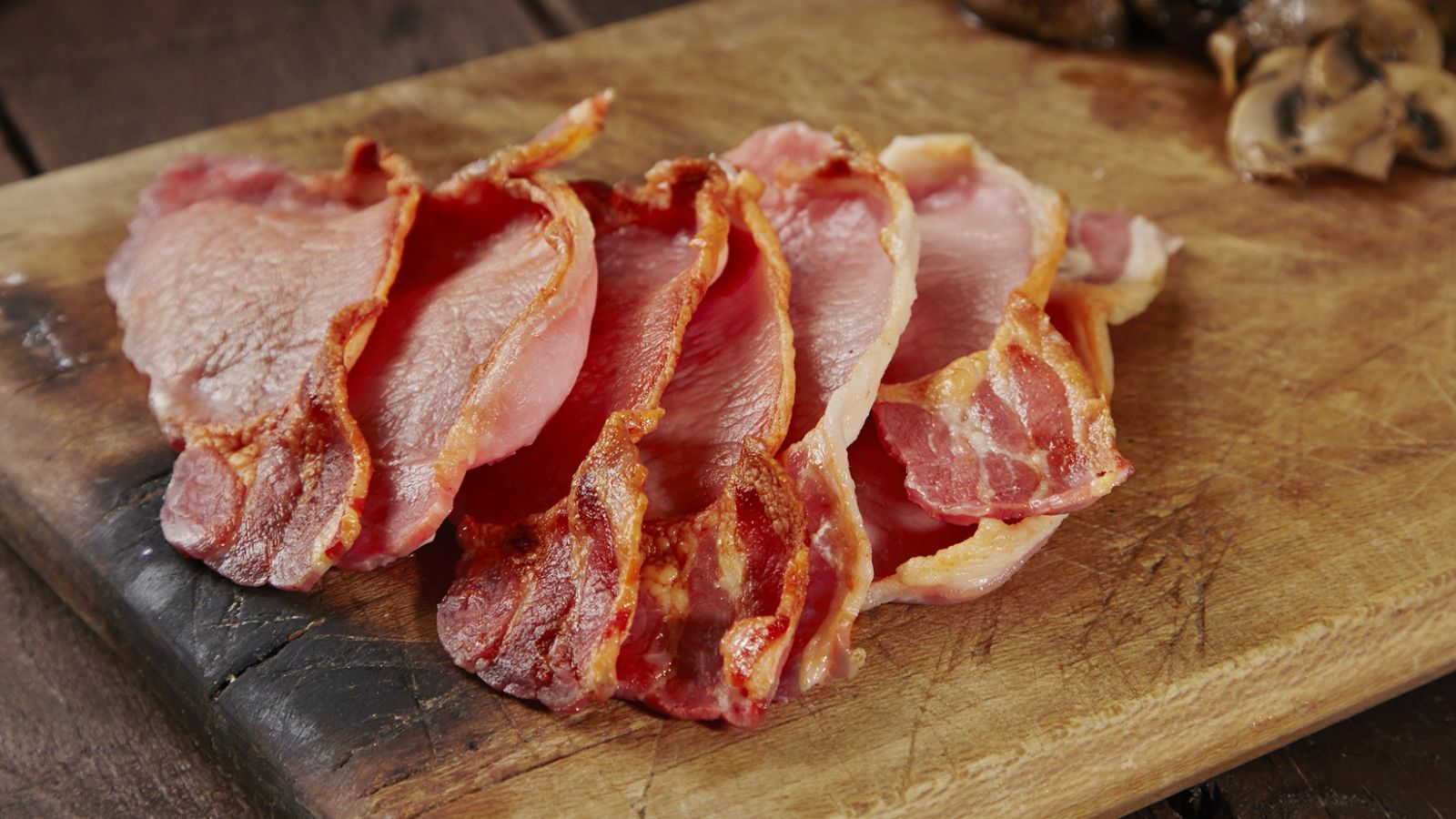
Foods like bacon, sausages, and sliced deli meats might seem convenient and tasty, but they come with a hidden downside, as these products are often loaded with preservatives, sodium, and harmful nitrates.
These can elevate blood pressure and increase the risk of heart disease if these meats are a regular part of your diet.
Sugary Drinks

Many seniors enjoy a fizzy soda or a sweetened iced tea to quench their thirst, but these beverages can do more harm than good. Packed with added sugars, they can spike blood sugar levels, leading to a quick energy boost followed by a crash, and over time, consuming sugary drinks can contribute to weight gain, insulin resistance, and even type 2 diabetes.
White Bread and Refined Grains
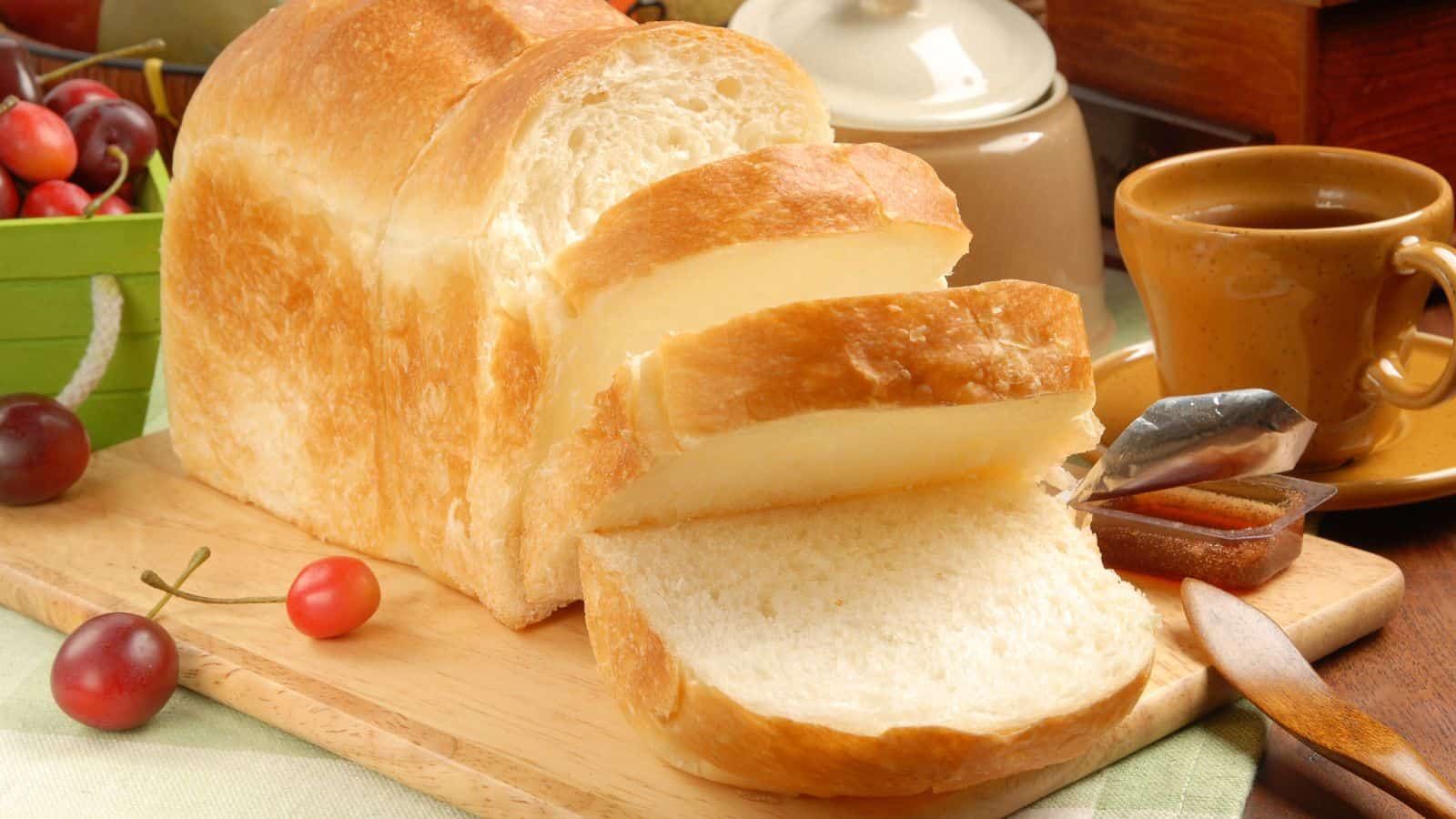
By swapping white bread for wholemeal options or experimenting with grains like quinoa and barley, you’ll feel fuller for longer and support better digestion, compared to soft white bread that lacks the fibre and nutrients found in whole-grain alternatives. Refined grains are stripped of their natural goodness, making them quick to digest.
Deep-Fried Foods

Chips, battered fish, and fried chicken are often cooked in oils that are high in unhealthy fats, which can clog arteries and increase the risk of heart disease. These foods also tend to be calorie-dense but lacking in nutrients, making it easy to overindulge without feeling satisfied, so if you enjoy crispy textures, try baking or grilling instead.
Full-Fat Dairy Products
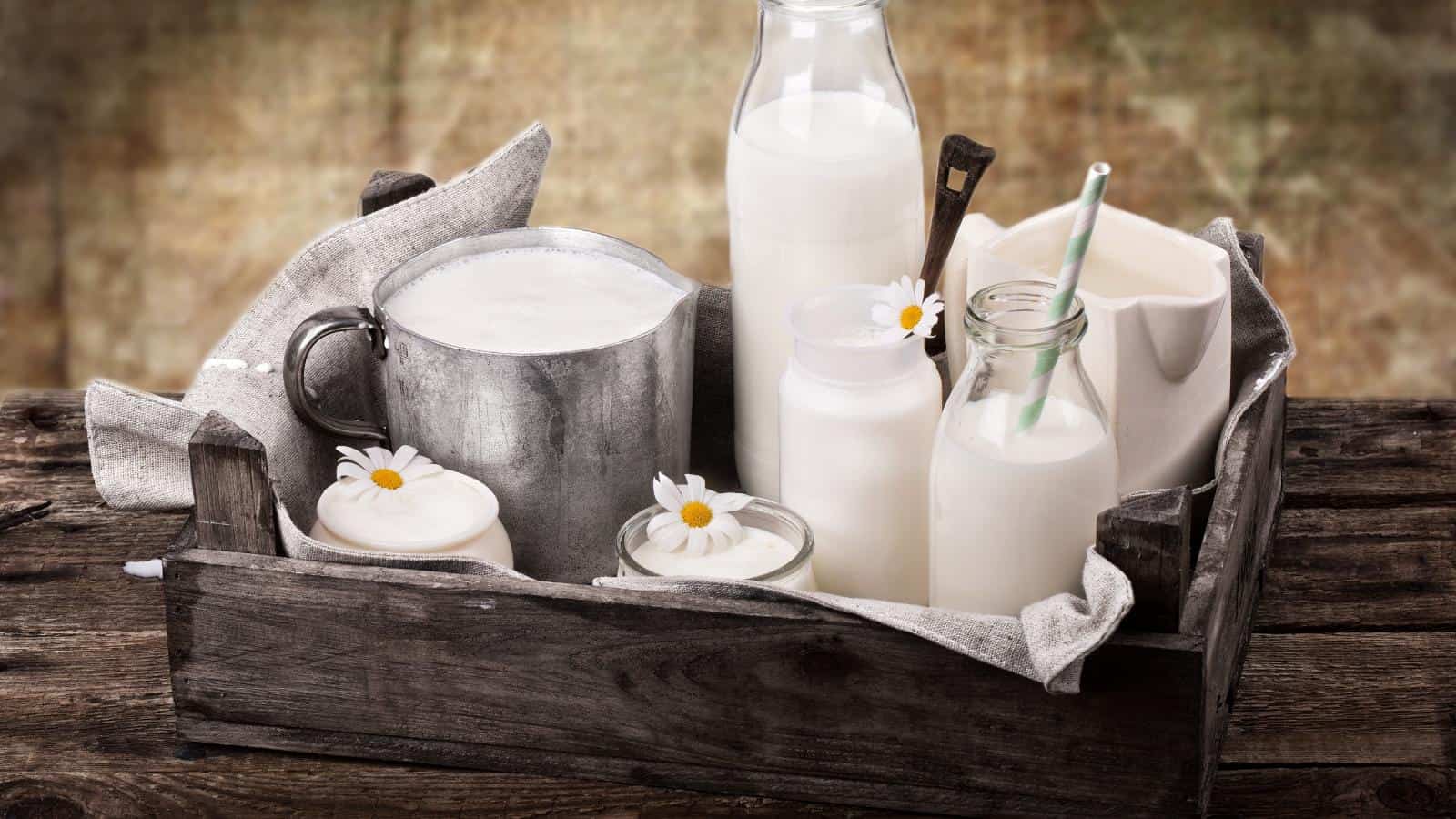
The key to eating full-fat dairy products is in moderation as part of a healthy diet, because if you’re eating far too much like cream, cheese, and whole milk, they aren’t always the best option for older people. These items are high in saturated fats, which can contribute to raised cholesterol levels and increase the risk of cardiovascular issues.
Salty Snacks
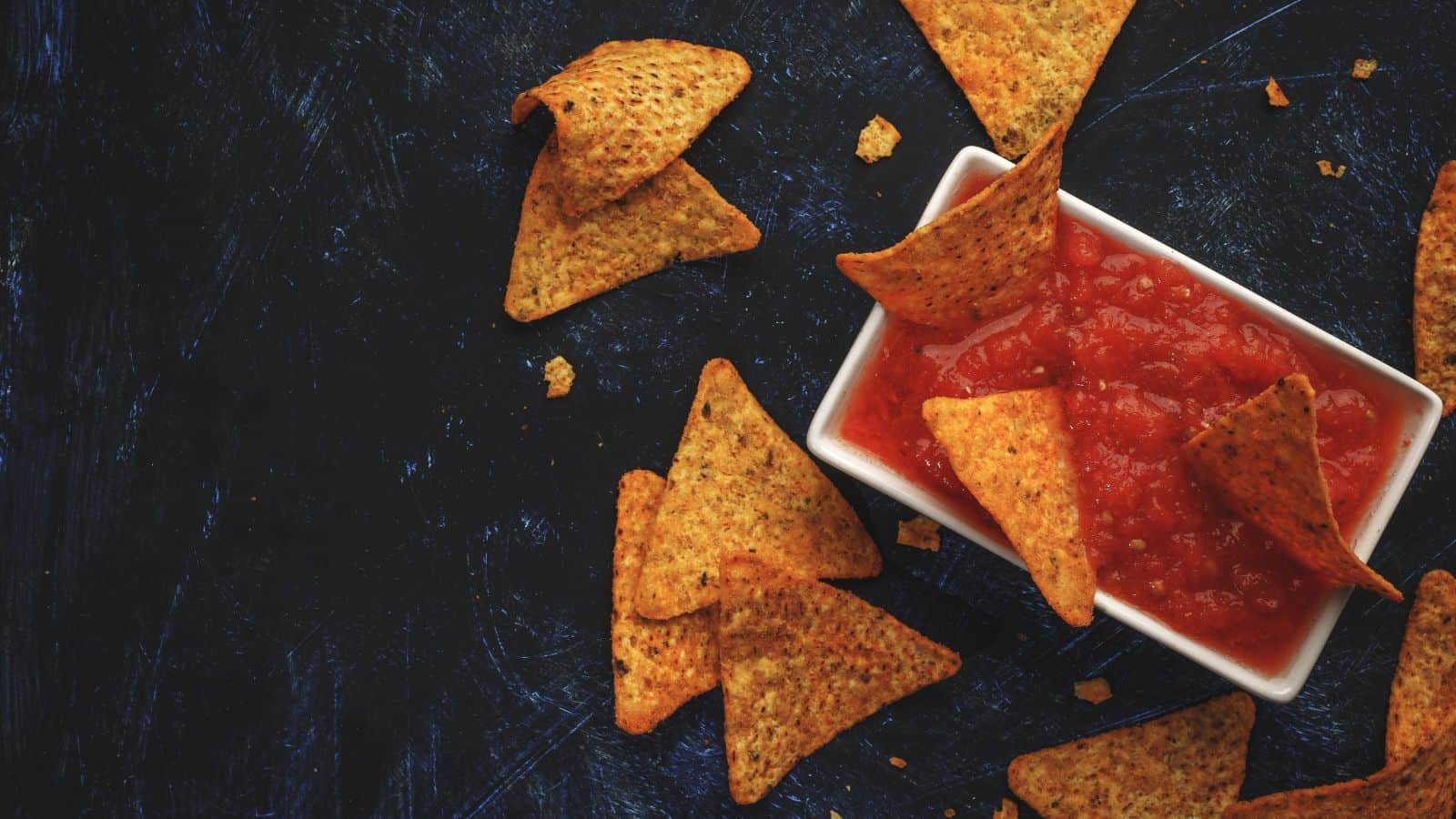
Do you enjoy crunchy snacks like crisps, pretzels, and salted nuts? They’re hard to resist, but they can have a significant impact on your health due to the fact that they’re typically loaded with sodium, which can lead to higher blood pressure, fluid retention, and kidney strain. The problem is that salty snacks are designed to be addictive, making it easy to eat more than you intended.
High-Calorie Desserts
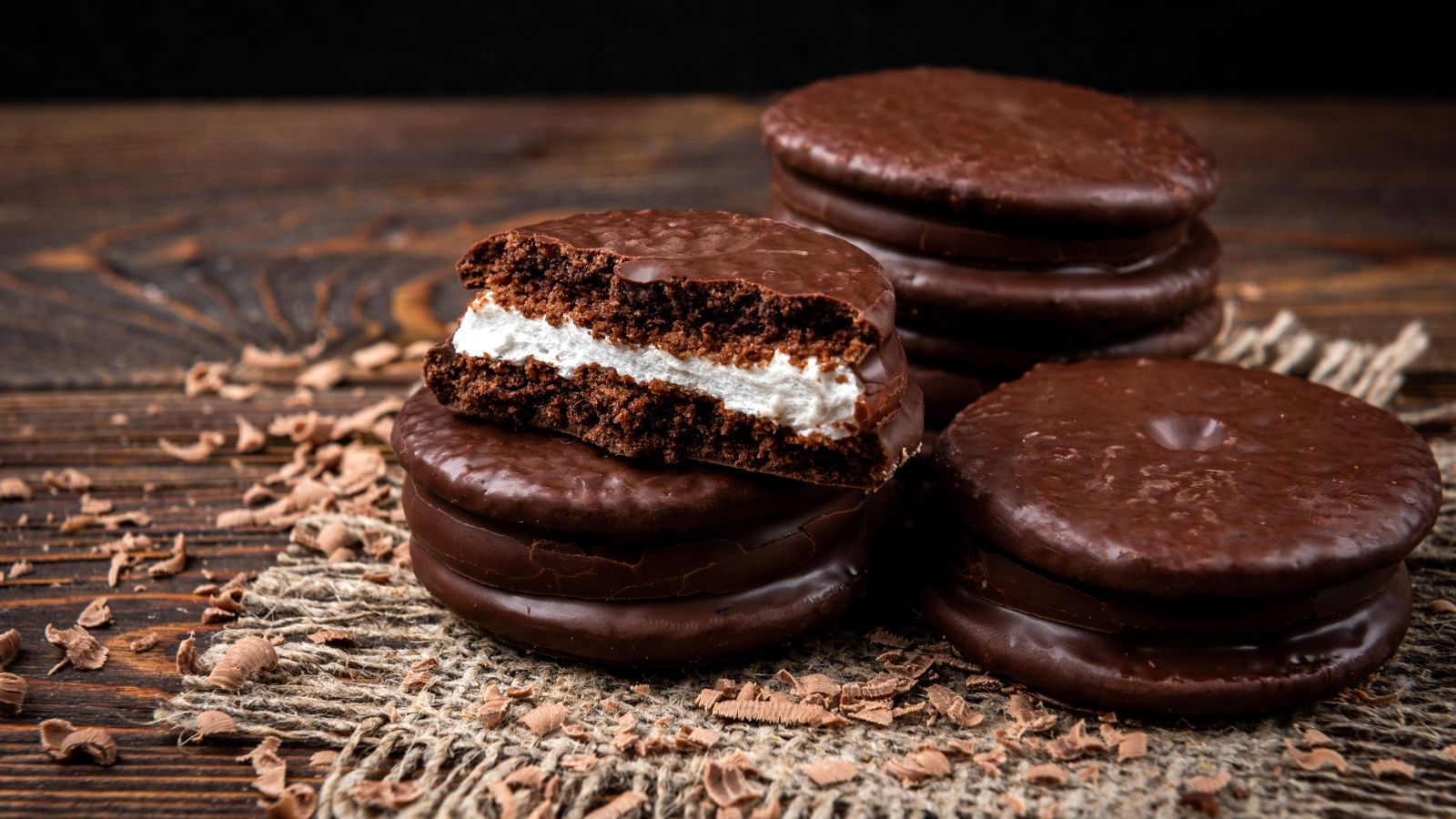
If you have a sweet tooth, consider swapping out heavy desserts for naturally sweet options like fresh berries, a dollop of yoghurt, or even a square or two of dark chocolate, because, over time, indulging in sweet treats too frequently can lead to weight gain.
They can also cause energy crashes and worsened inflammation, which is particularly concerning for seniors managing arthritis or other joint issues.
Alcohol
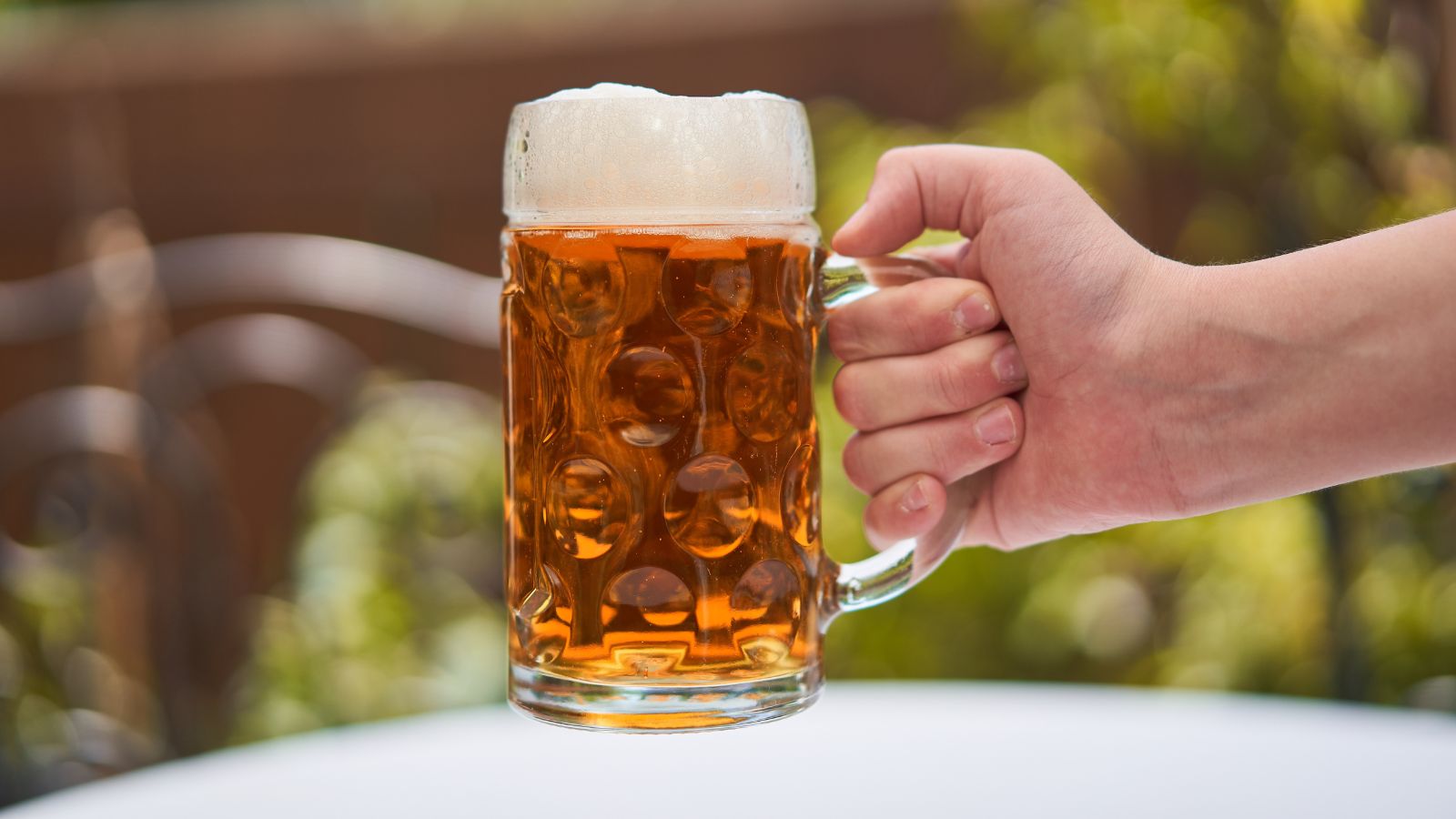
Alcohol can seem harmless when consumed in small amounts, but it can have a disproportionate impact on older adults, as even a modest intake can interfere with medications, disrupt sleep patterns, and cause dehydration—all of which can exacerbate existing health concerns. Additionally, excessive drinking increases the risk of liver damage and certain types of cancer.
Canned Soups and Ready Meals
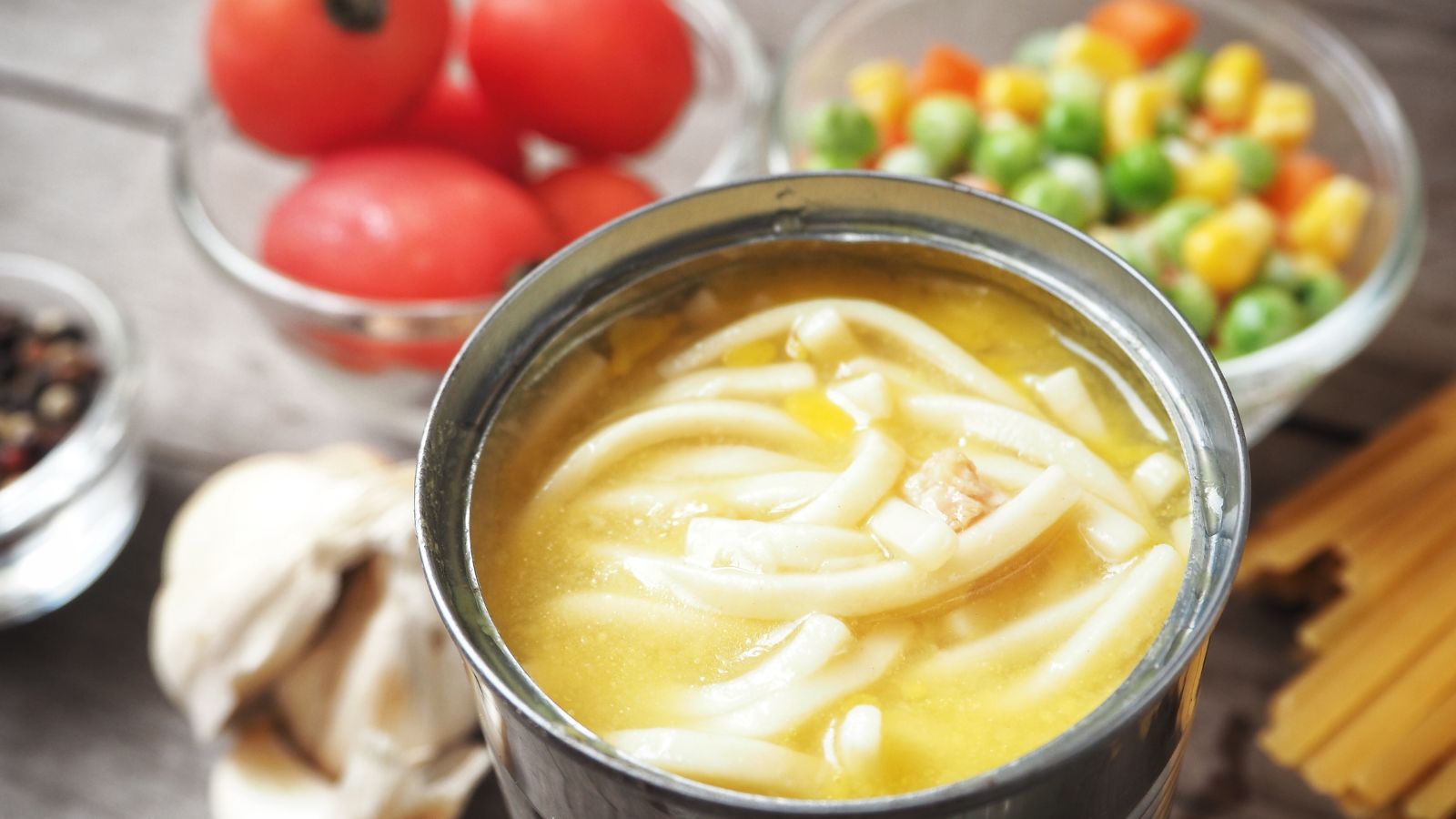
Convenience is often the main draw of canned soups and ready meals. Their high sodium content can make them a poor choice for people who are older, and many of these items rely on salt and preservatives for flavour and shelf life, which can contribute to fluid retention and strain the heart.
Homemade versions of soups and meals are easy to prepare in larger batches and freeze for future use.
Artificial Sweeteners

Whether it’s diet sodas, sugar-free chewing gum, or many “low-calorie” processed foods, they often contain artificial sweeteners, which may seem like a good alternative to sugar; however, artificial sweeteners can confuse your body’s ability to regulate calorie intake. Research has also raised concerns about their impact on gut health.
Red Meat
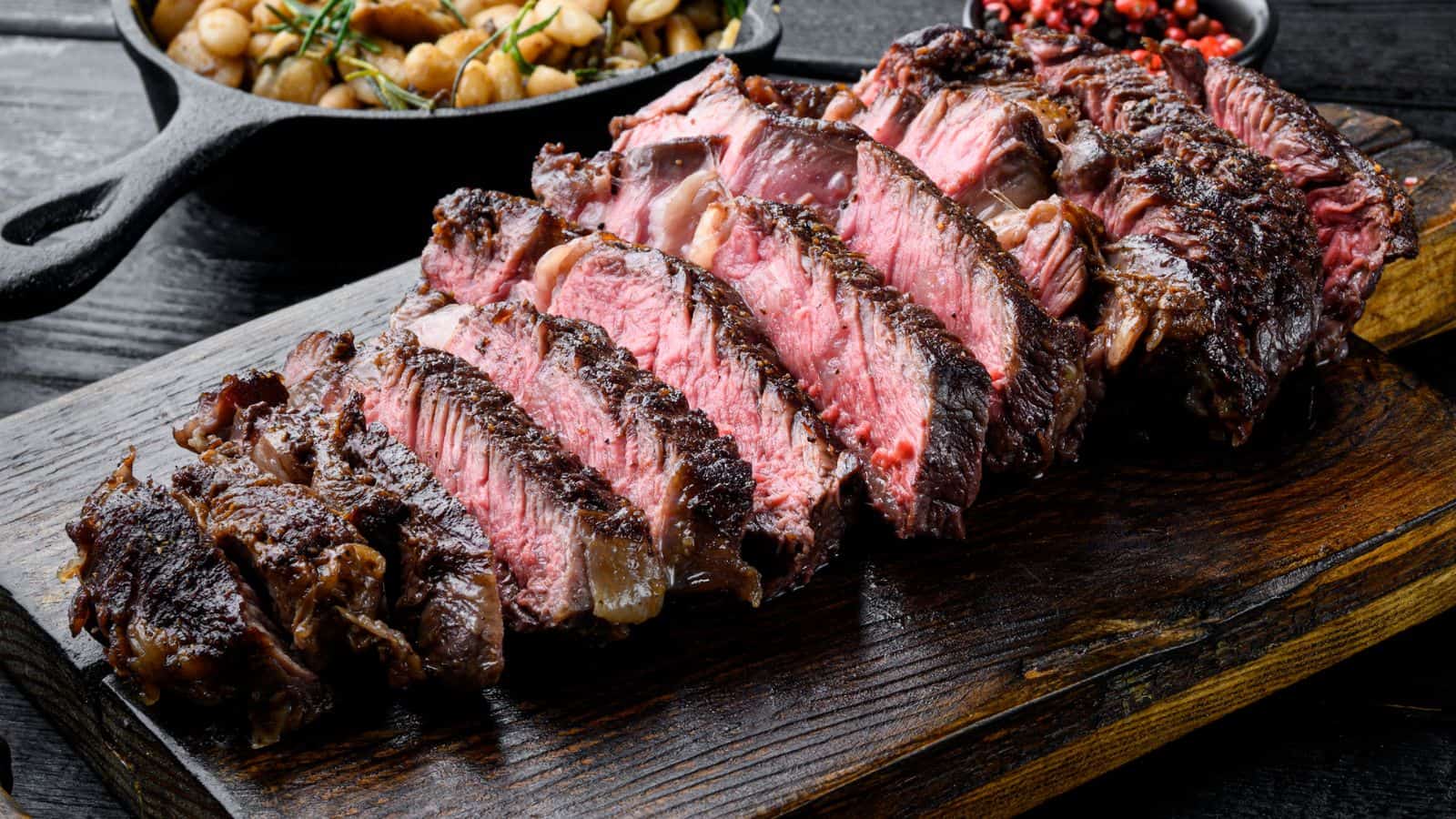
Steaks, burgers, and lamb chops might have been staples in younger years, but red meat can become harder to digest as we age, and as a good source of protein and iron, it’s best enjoyed in moderation. Instead, lean meats like turkey or chicken, as well as plant-based proteins like lentils and beans, can provide the nutrition you need if you’d rather give up red meat.
Spicy Foods
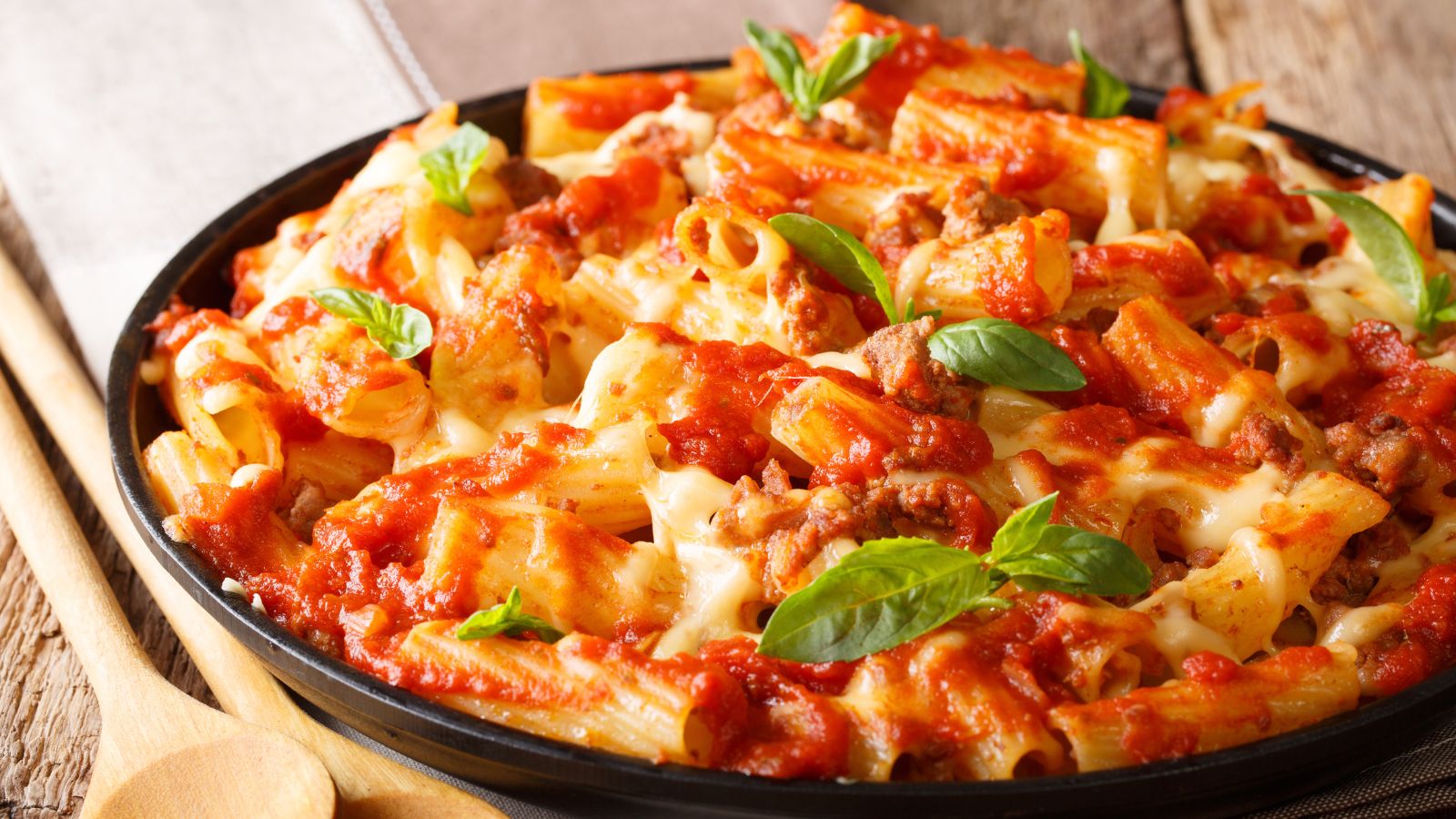
Spicy dishes can add excitement to meals, but they don’t always agree with an ageing digestive system, as overly spicy foods can irritate the stomach lining, leading to discomfort, heartburn, or acid reflux.
This doesn’t happen to everyone, though, so stick to what your own body is telling you: if you notice that spicy meals leave you feeling unwell, consider scaling back the heat.
Margarine and Hydrogenated Oils

Margarine and hydrogenated oils are often touted as healthier than butter, but some come with hidden dangers, as some varieties might contain trans fats, which are some of the most harmful fats for your heart. Consuming too much can raise bad cholesterol and lower good cholesterol, increasing your risk of heart disease.
Sugary Cereals
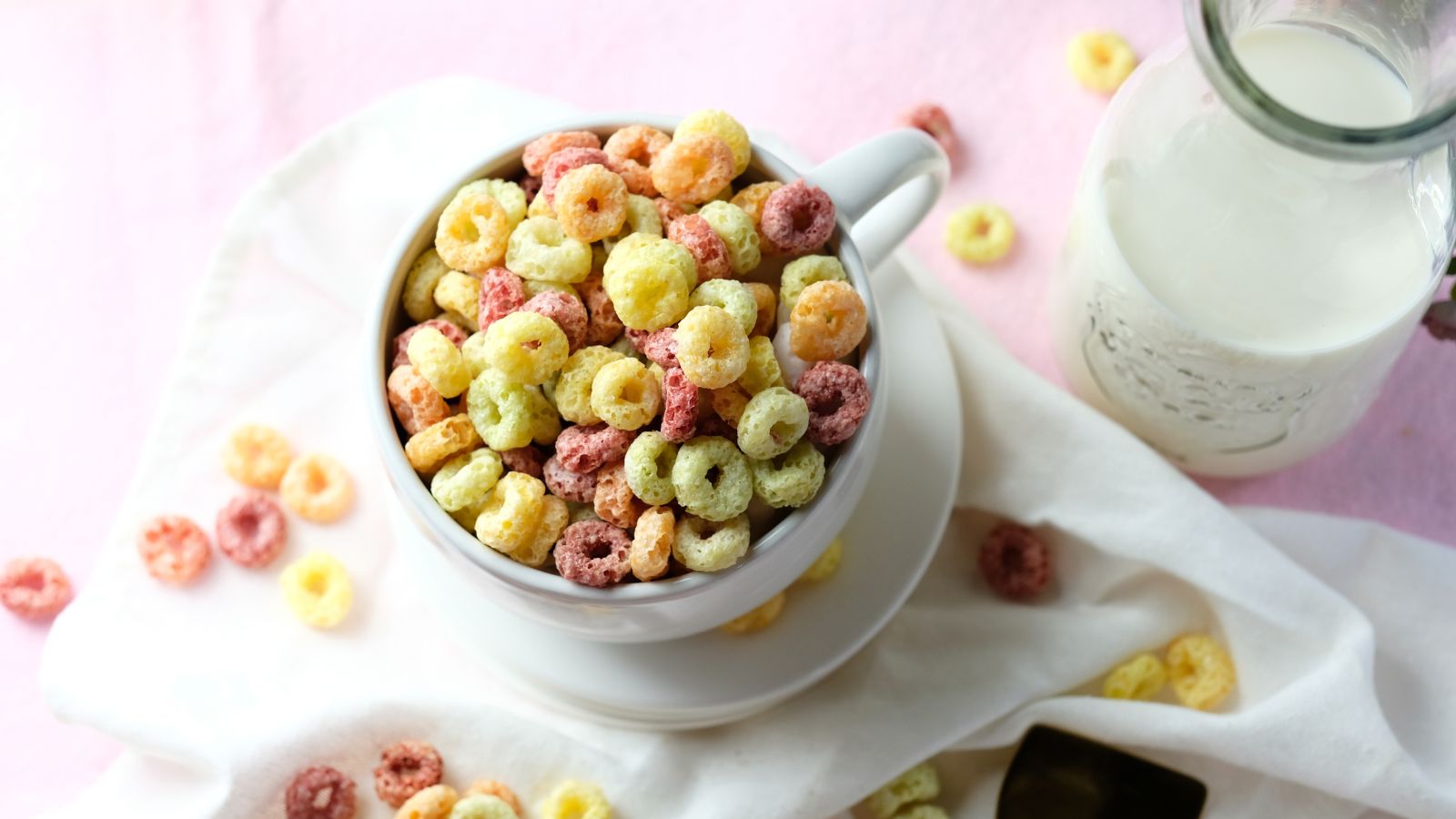
Sure, it might seem like a healthy way to start the day to have a bowl of breakfast cereal, right? Certain cereals, however, are loaded with sugar and lack fibre—especially those marketed to children or families—and these cereals can cause blood sugar spikes, leaving you feeling tired and hungry not long after eating.
Processed Fruit Juices
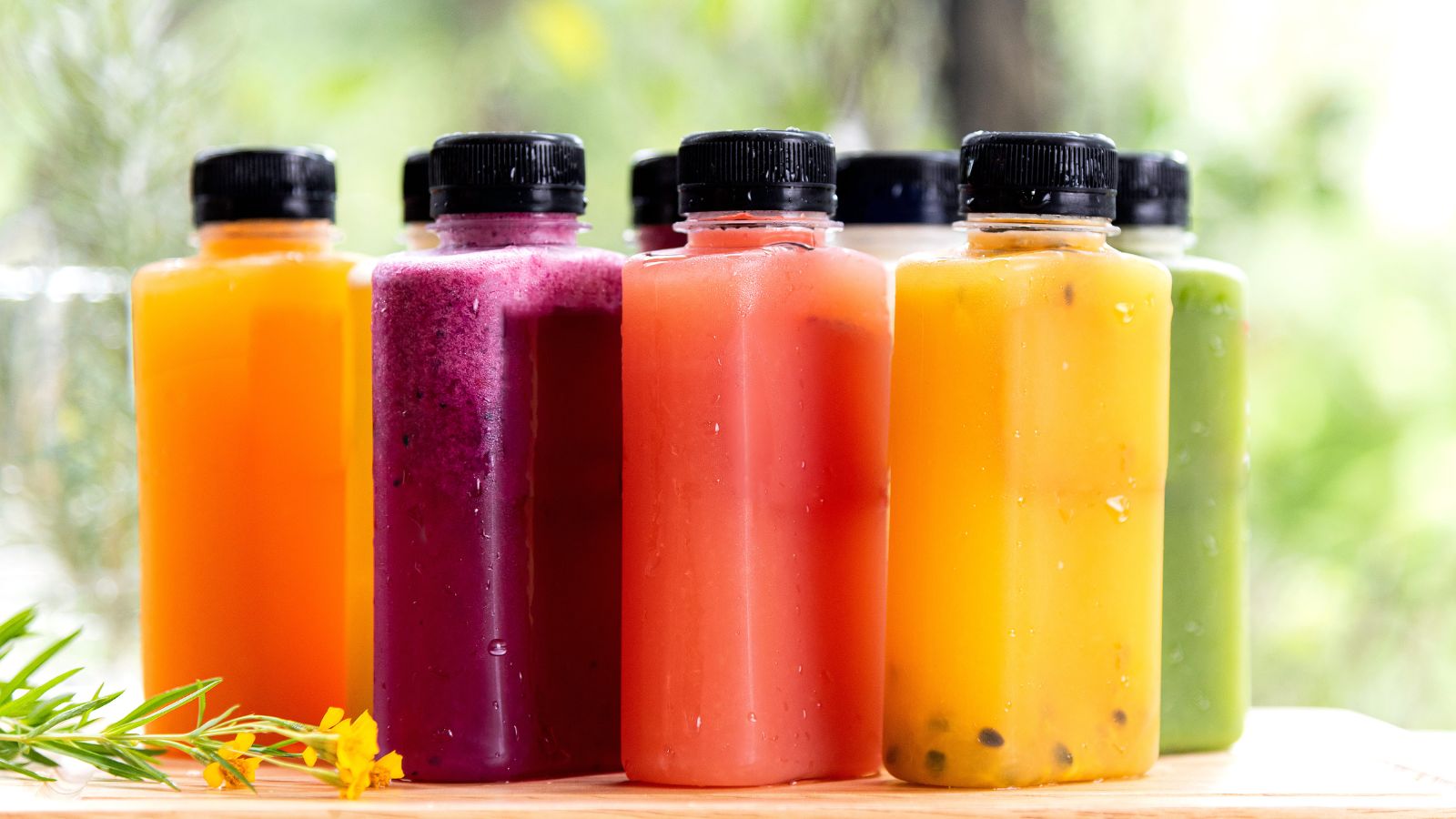
Even 100% juice lacks the fibre of whole fruit and often contains as much sugar as a fizzy drink, which means drinking it regularly can lead to blood sugar fluctuations and increased calorie intake.
Instead of reaching for a glass of juice, try eating a piece of fresh fruit, which provides natural sweetness, fibre, and a host of essential nutrients—or make sure you’re only drinking processed fruit juices in moderation.
High-Sodium Pickles
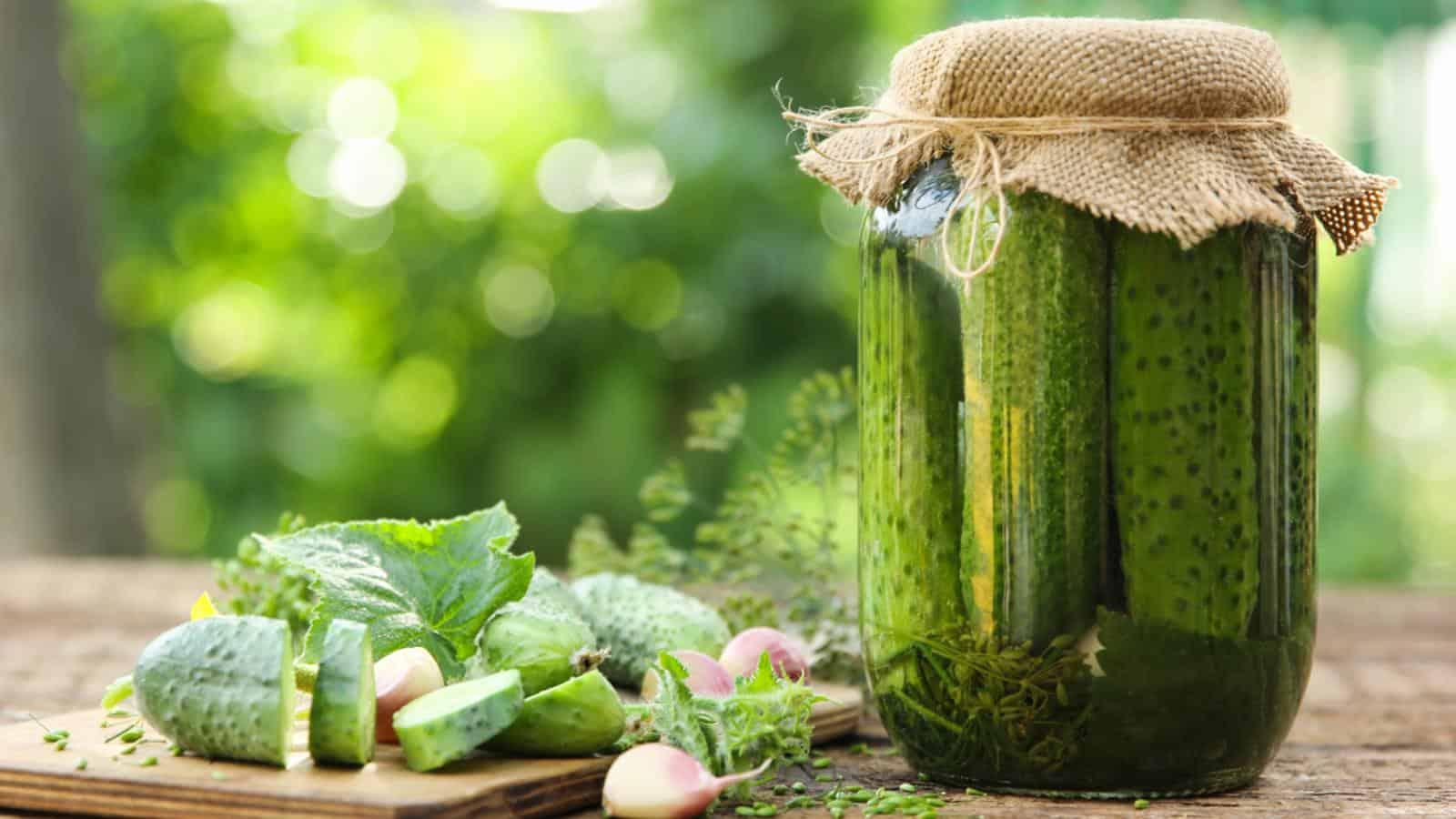
Pickles are a popular snack or condiment, but their high sodium content makes them less than ideal for seniors. Excess sodium can elevate blood pressure and strain the kidneys, which can be especially problematic for those managing heart conditions or kidney issues.
Biscuits and Pastries
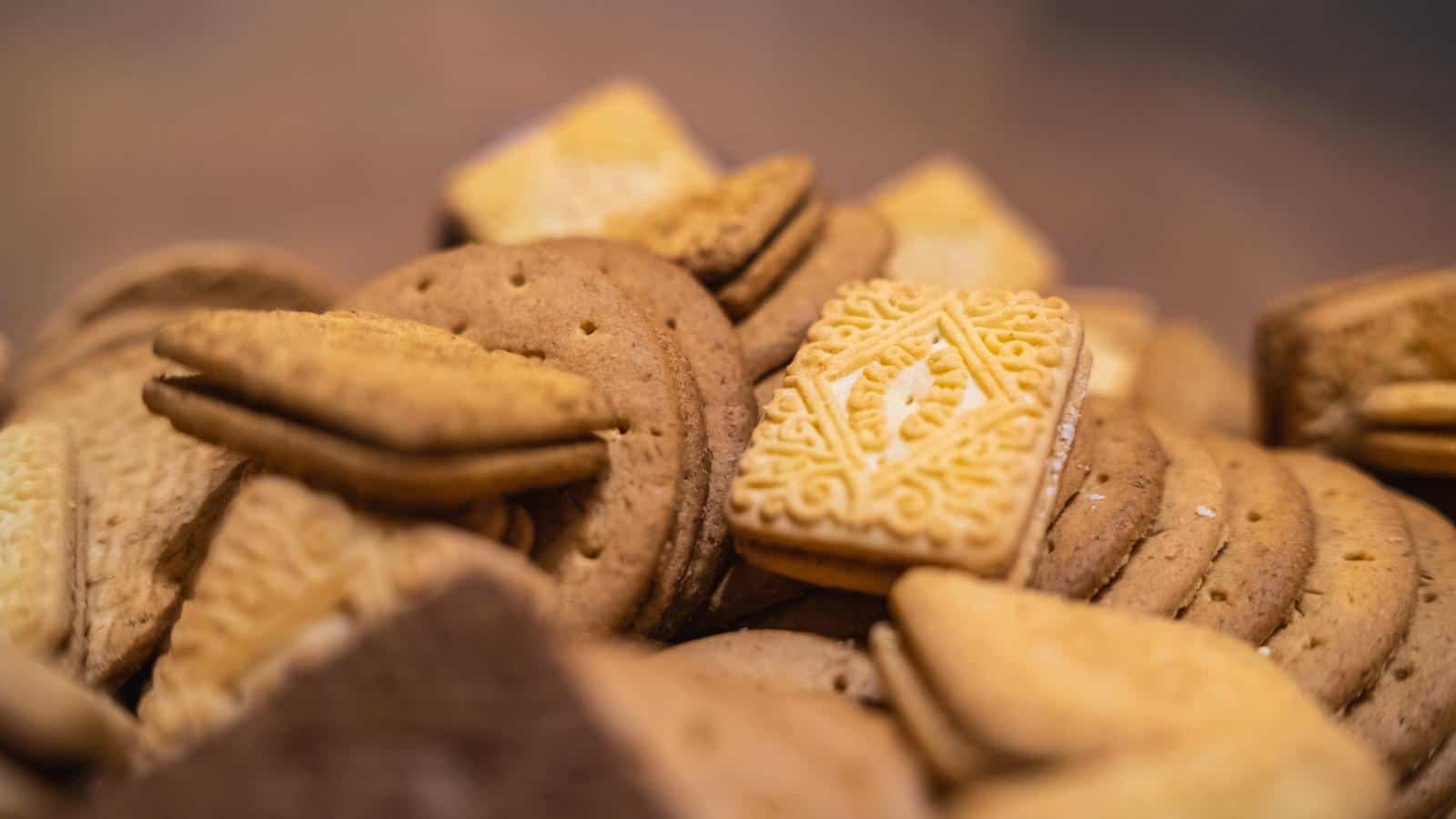
Buttery croissants to sweet biscuits—baked goods are a tempting treat but often provide little more than empty calories, sugar, and unhealthy fats if they’re not wholegrain or not made with the healthiest ingredients. Regularly indulging in these can contribute to weight gain, inflammation, and an increased risk of diabetes, so instead, for a snack that’s just as satisfying, try whole-grain crackers topped with nut butter or avocado.
Instant Noodles
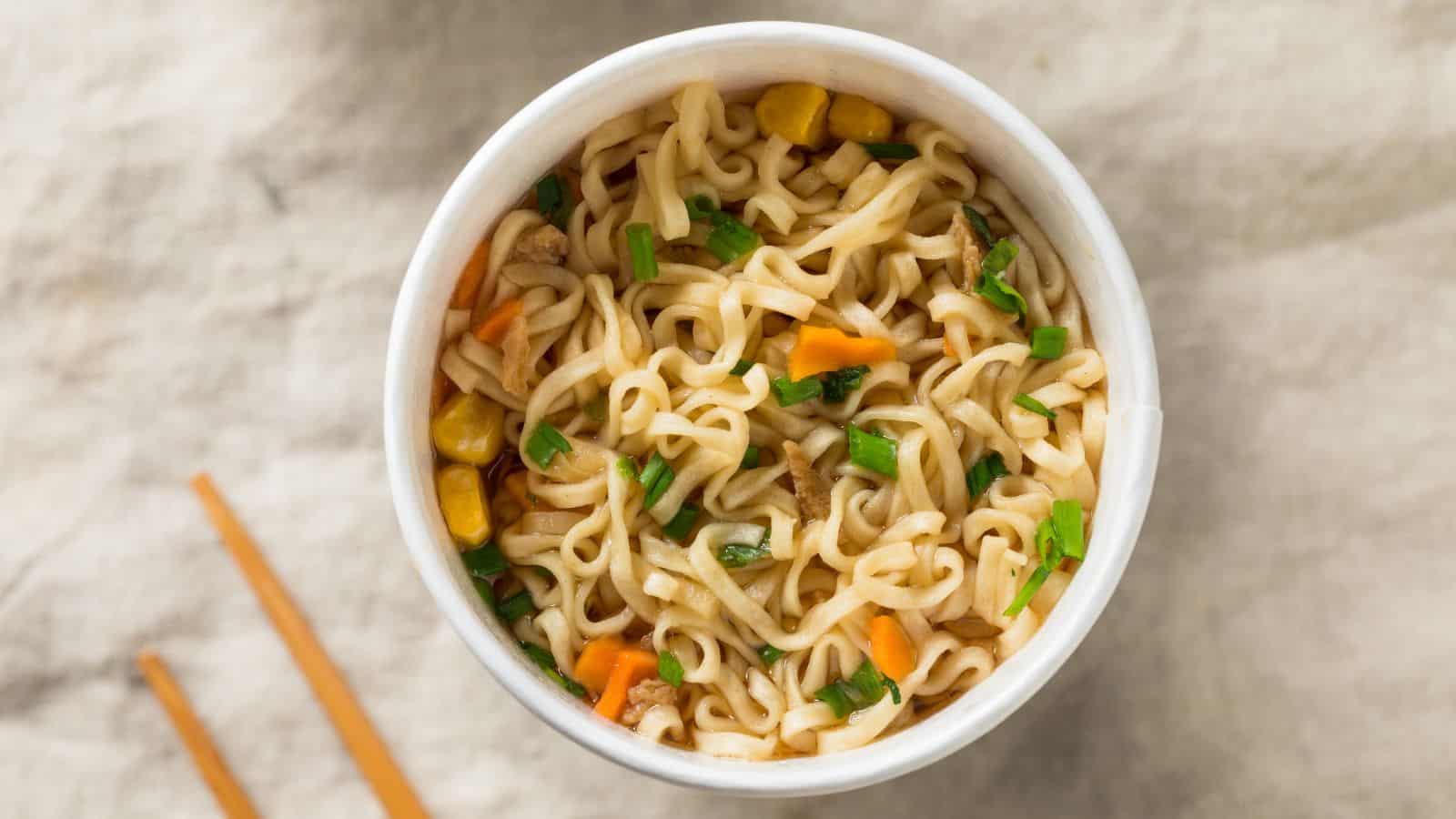
They might be quick and easy, nevertheless, certain brands of instant noodles are packed with sodium, preservatives, and unhealthy oils. If you love noodles, consider cooking whole-grain versions with fresh vegetables and a light broth; this way, you can enjoy a comforting bowl of noodles while still nourishing your body.

